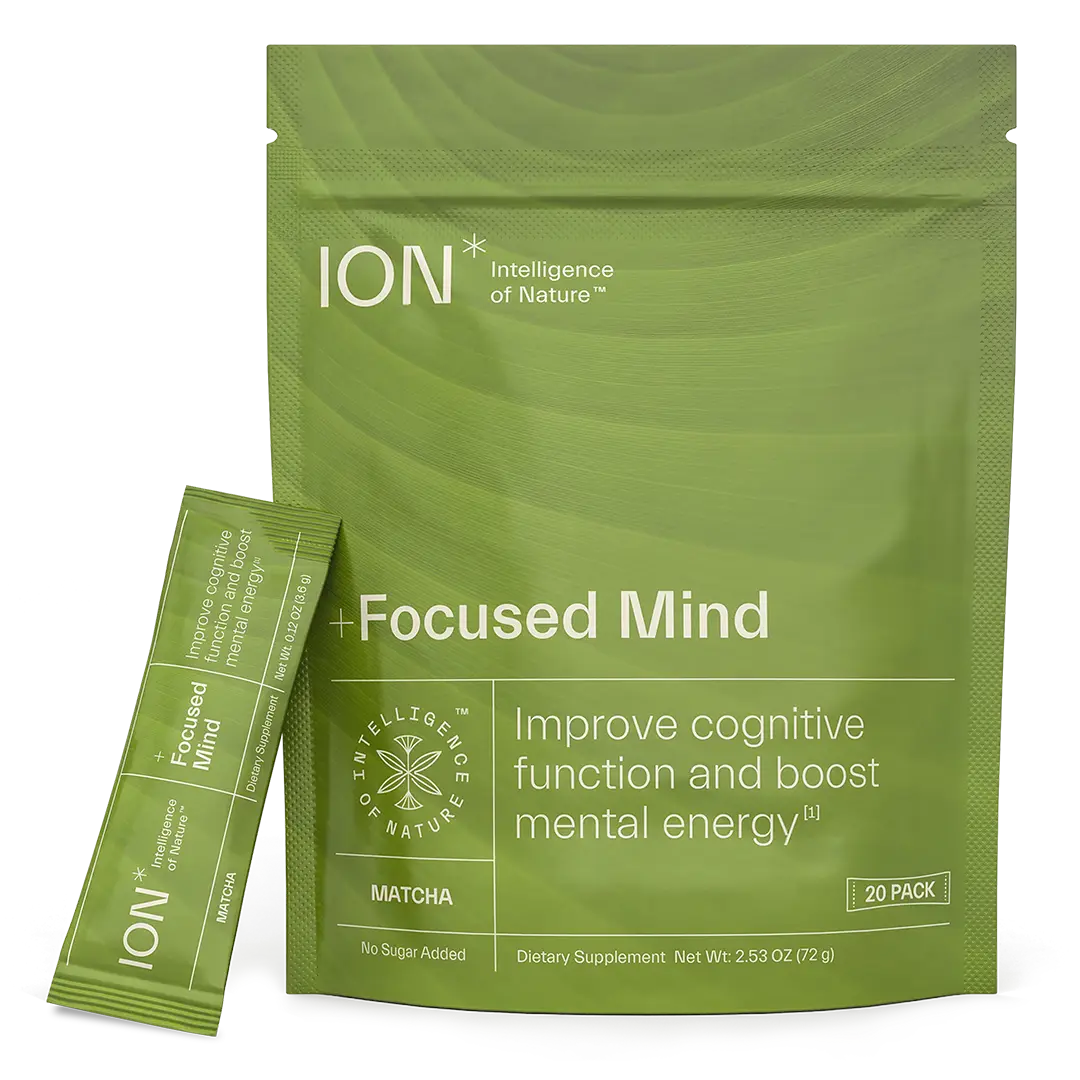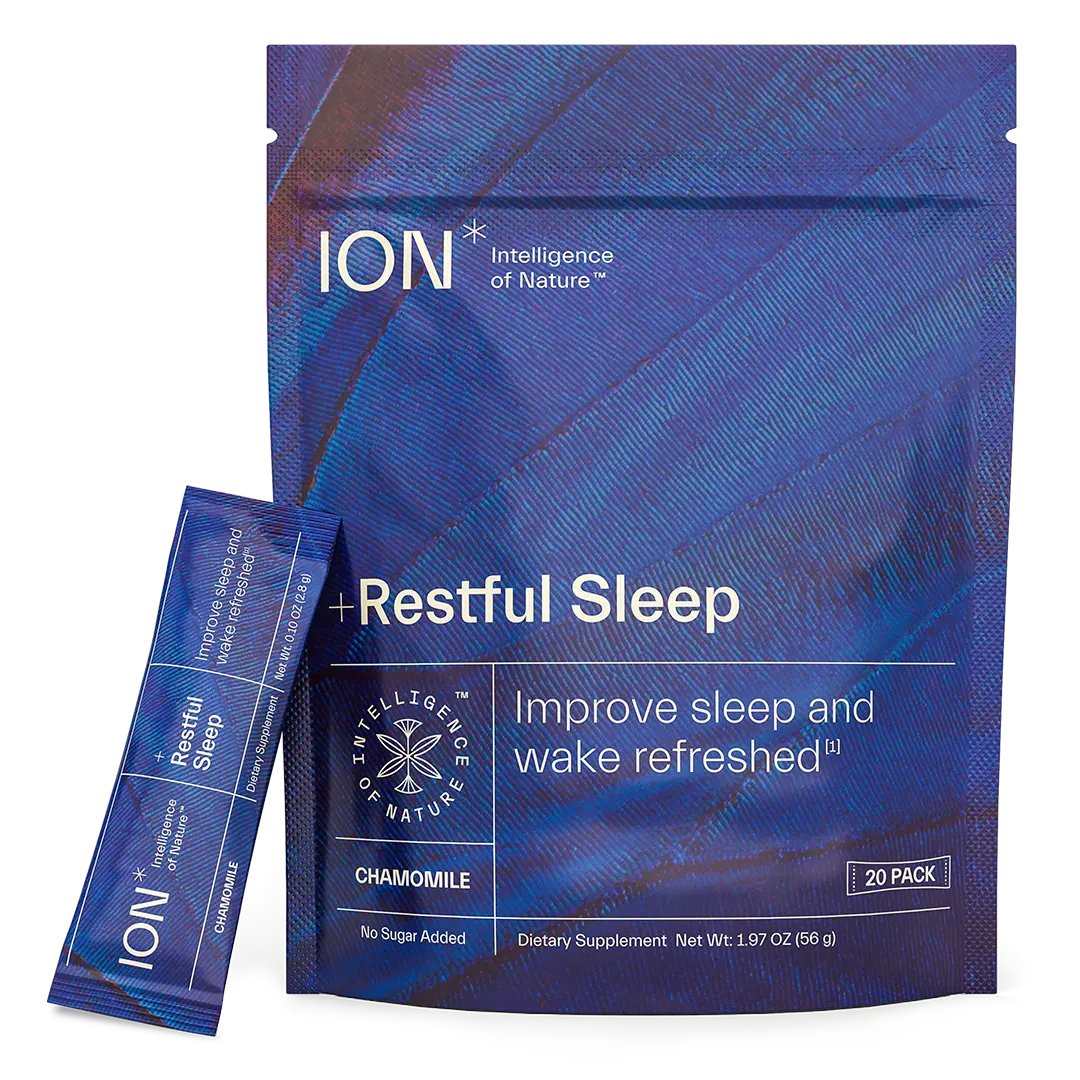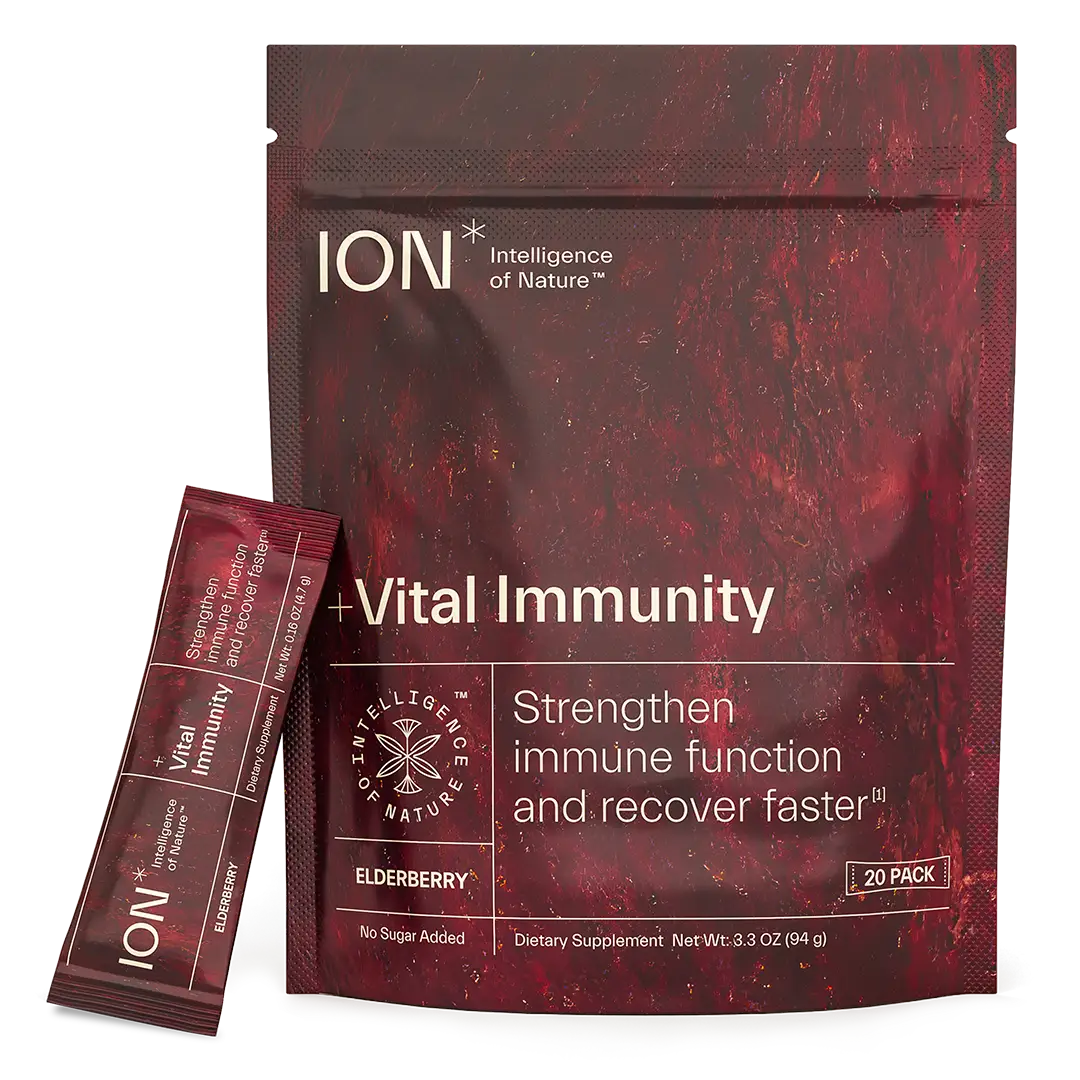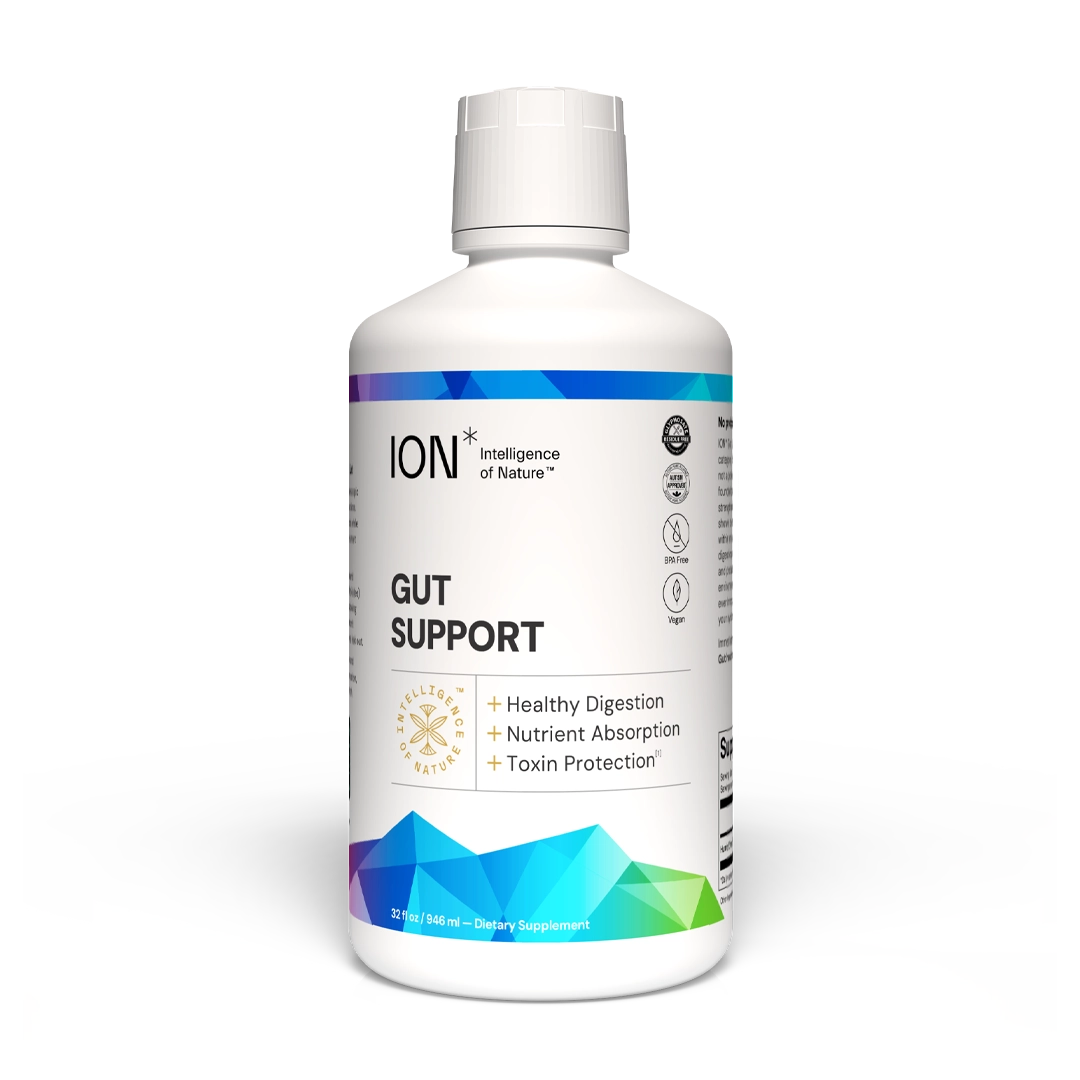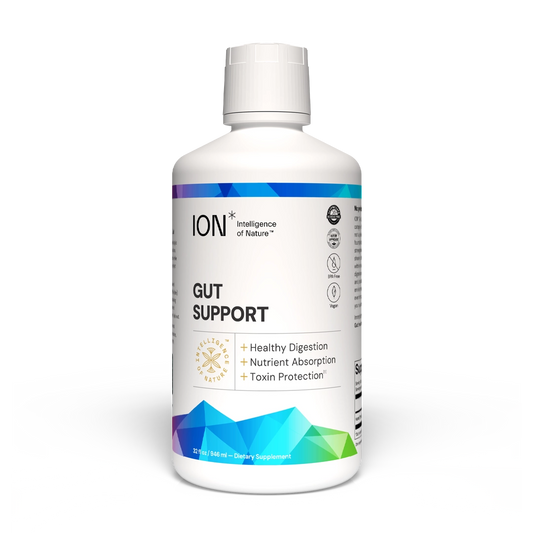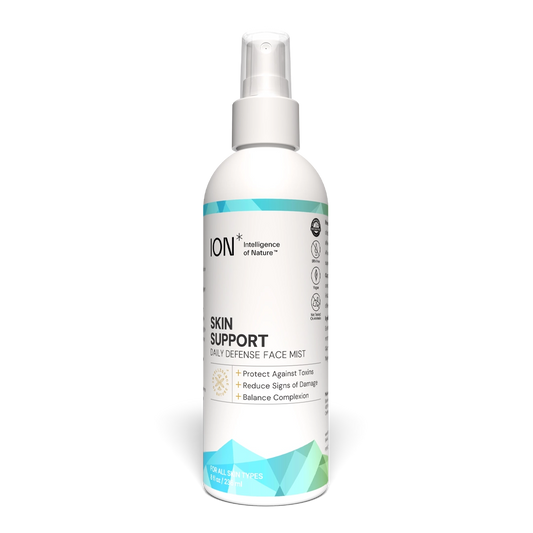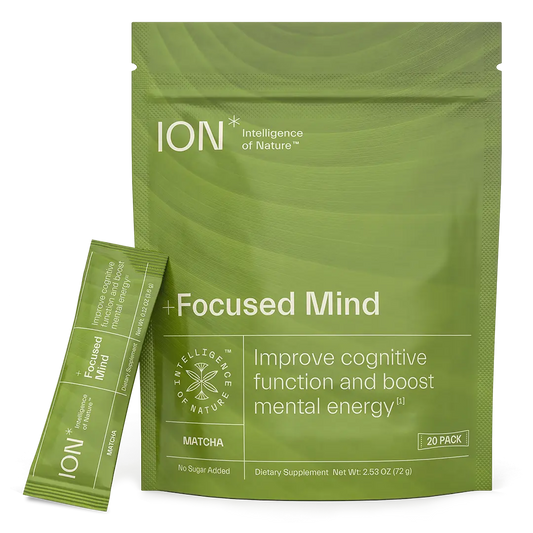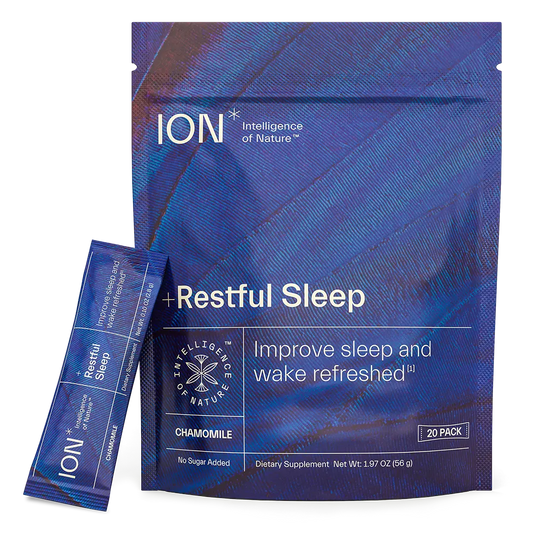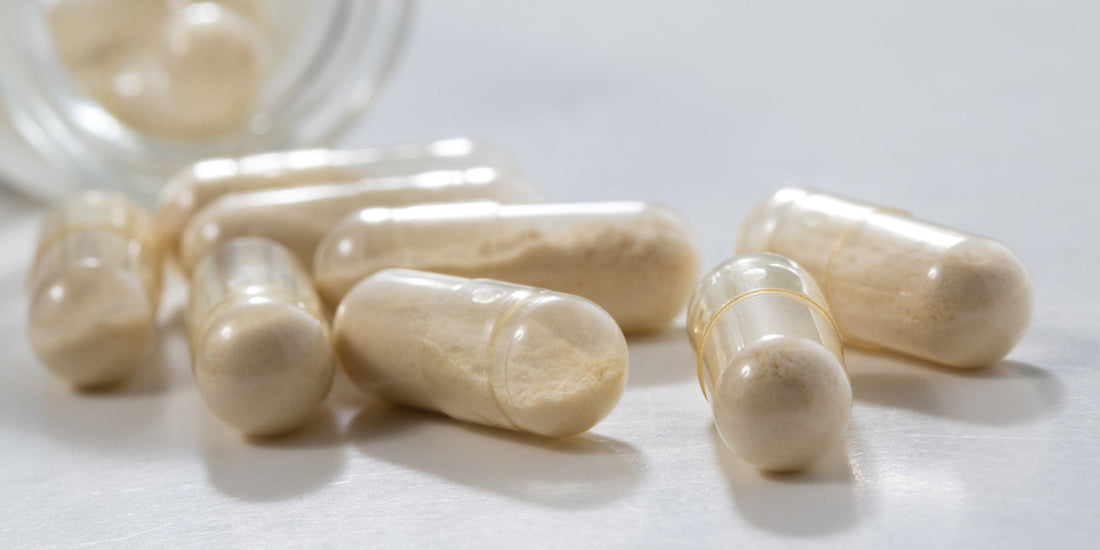
For those who don’t know, the gut microbiome is a community of bacteria, fungi, and protozoa that helps to digest food and keep your immune system healthy (among many other things). Research has shown that keeping this collection of microbes balanced and thriving in your gut can alleviate many diseases including inflammatory bowel disease, Crohn's ulcerative colitis, atopic asthma, obesity, as well as some cardiovascular and autoimmune diseases1. So, what can you do to help balance your gut microbiome?
Hint: diversity, diversity, diversity!
There is more to maintaining a healthy gut microbiome than supplementing with good bacteria, despite what probiotics manufacturers would have us believe. It's not really about adding at all. In fact, this might not be the easiest pill to swallow (pun intended), but there is actually much more nuance to this delicately balanced and completely unique-to-you collection of microscopic workers than that.
Under normal, healthy conditions your gut microbiome should have thousands (to potentially tens of thousands) of different types of microorganisms. In discovering how to promote gut health, you'll learn that it's not just a heaping of one “good” type. Indeed, each of those different microorganisms can help promote health in different ways. For example, some microorganisms are good at digesting carbohydrates, others like to digest proteins, and others still help to destroy pathogens. A diverse microbiome makes sure your gut has all the tools it needs to protect you from toxins and connect you to health.
What is a monoculture?
A monoculture is the exact opposite of diversity. A monoculture is a dominance of just one type of microorganism. And the gut microbiome is not the only place where a monoculture can cause harm. For example, a pine tree farm that grows one type of tree, makes the entire farm more susceptible to diseases that attack that type of tree. On the other hand, in a forest, with all its natural diversity, a pine tree disease would not travel far, and its impact would be minimal, as opposed to devastating.
How do probiotics affect the microbiome?
Gut microbiome diversity comes from fresh air and a diverse diet, including naturally fermented foods. You won't get diversity from taking supplemental, packaged probiotics.
Since probiotics include only a few types of microorganisms, not only do they not really help with diversity, they can actually overwhelm your system with many of only one thing, creating a monoculture.
In fact, studies have shown that probiotics have a temporary impact on the gut microbiome at best and further, that the probiotic microorganisms encounter a clear resistance to growth2. These limited effects have also been seen when using probiotics after an antibiotic regimen (commonly recommended by probiotics manufacturers), where the recovery of the microbiome was actually slowed, as opposed to the intended effect. Only when probiotics were stopped, did the gut microbiome recovery its necessary diversity3.
 ION* Gut Support goes beyond probiotics to strengthen your gut and breed diversity from within.
ION* Gut Support goes beyond probiotics to strengthen your gut and breed diversity from within.
Don’t just supplement; support.
Even without the detrimental effects of antibiotics and probiotics, your gut microbiome is still affected by the industrial and agricultural toxins found everywhere in our modern environment. These ever-present toxins damage the gut barrier that separates your internal environment from the outside world, further exposing you to those same toxins. Now that you know the truth about probiotics and the gut microbiome, you can help best support your overall health by taking gut health products, like ION* Gut Support. Scientifically proven to strengthen your gut barrier, ION* improves your microbiome health with terrain support.
Happy Microbiome!
Matthew Bednar, PhD
Bringing science out of the lab and into your life.
References:
- The gut microbiome: Relationships with disease and opportunities for therapy, Juliana Durack and Susan V. Lynch, J Exp Med. 2019 Jan 7; 216(1): 20–40. doi: 10.1084/jem.20180448.
- Zmora et al., Personalized Gut Mucosal Colonization Resistance to Empiric Probiotics Is Associated with Unique Host and Microbiome Features. Cell, 2018; 174 (6): 1388 DOI: 10.1016/j.cell.2018.08.041
- Suez et al., Post-Antibiotic Gut Mucosal Microbiome Reconstitution Is Impaired by Probiotics and Improved by Autologous FMT. Cell, 2018; 174 (6): 1406 DOI: 10.1016/j.cell.2018.08.047.
